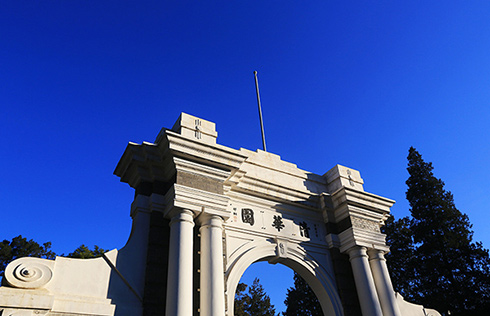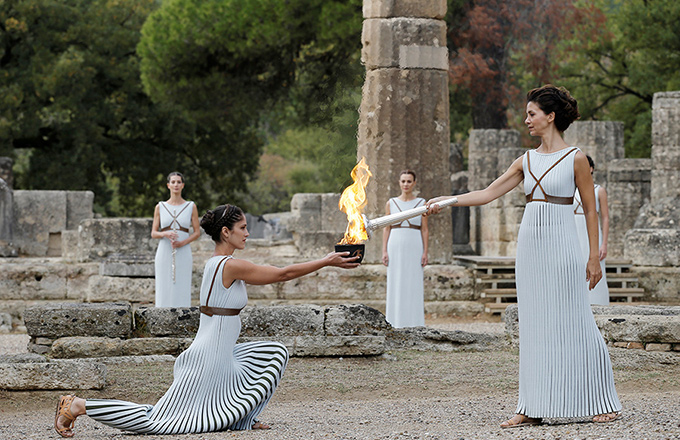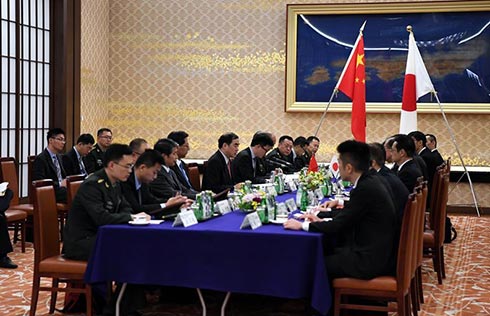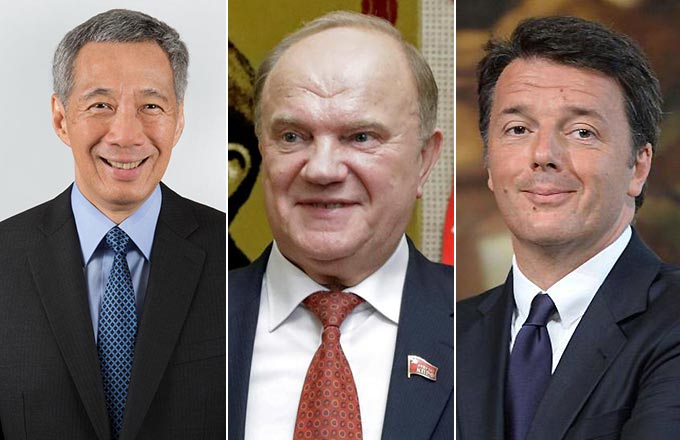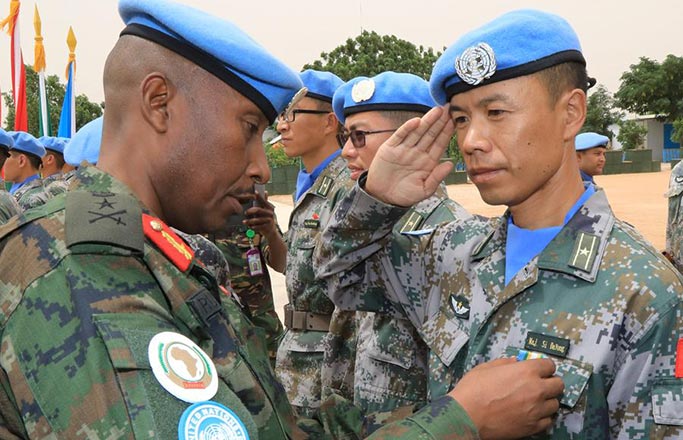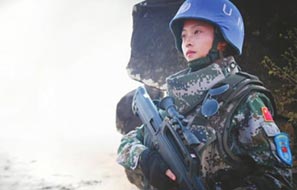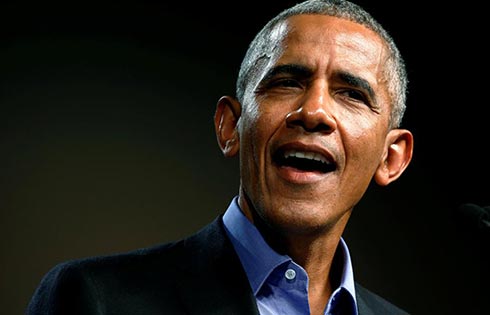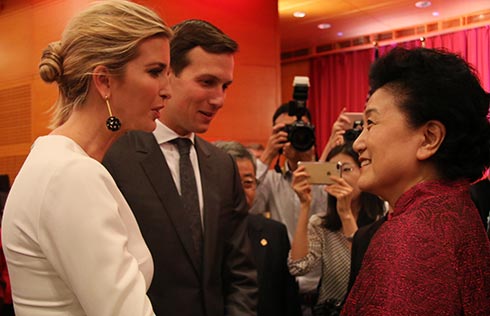Mursi defies army as it plots future without him
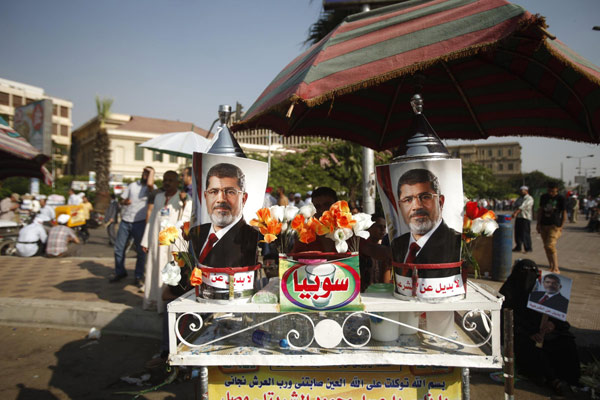 |
|
Posters of Egyptian President Mohamed Mursi are placed at a stall at the site of a rally held by his supporters near Cairo University July 2, 2013.[Photo/Agencies] |
TROOPS ON ALERT
Troops were on alert amid warnings of a potential civil war. Seven people died in a demonstration crush and sporadic fighting in Cairo and hundreds more were wounded in the provinces.
"Mursi - Game Over - Out", proclaimed a laser display beamed over the capital's jam-packed Tahrir Square, where Egyptians danced with joy, recalling the euphoria and the slogans that greeted the overthrow of Hosni Mubarak two years ago. The light show counted the hours to the army deadline.
Despite his fighting talk, time appears to have all but run out for Mursi, as liberal leaders refuse to talk to him, while ministers have resigned and aides abandoned his sinking ship.
Military sources told Reuters that, assuming the politicians fail to end a year of deadlock before the deadline, the generals have their own draft programme ready to implement - though it could be fine-tuned in consultation with willing political parties.
Under the roadmap, the military would install an interim council, composed mainly of civilians from different political groups and experienced technocrats, to run the country until an amended constitution was drafted within months.
That would be followed by a new presidential election, but parliamentary polls would be delayed until strict conditions for selecting candidates were in force, the sources said.
They would not say how the military intended to deal with Mursi if he refused to go quietly. Some of his Islamist supporters have vowed to defend what they see as the legitimate, democratic order, even if it means dying as martyears. And some have a history of armed struggle against the state.
TROOPS
The confrontation has pushed the most populous Arab nation closer to the brink of chaos amid a deepening economic crisis two years after the overthrow of Mubarak, raising concern in Washington, Europe and neighbouring Israel.
Troops intervened to break up clashes in the Mediterranean city of Alexandria. They were also out on the streets of Suez and Port Said, at either end of the Suez Canal. The waterway is vital to world trade and to Egypt's struggling economy.
Egypt's Coptic Pope, spiritual leader of the country's 10 percent Christian minority, expressed open support for the anti-Mursi "Tamarud - Rebel!" movement in a tweet, voicing support for the national trio of people, army and youth.
The leading Muslim religious authority, Al-Azhar, called for the will of the people to prevail peacefully.
Mursi met Sisi for a second day, his office said, along with Prime Minister Hisham Kandil but there was no sign of any meeting of minds.
Though Mursi has held out repeated offers of dialogue, liberal opponents accuse him and the Brotherhood of bad faith and have ruled out starting talks with him before the deadline.
After that, former U.N. nuclear agency chief Mohamed ElBaradei will deal directly with the military on behalf of the main coalition of liberal parties. Also planning to take part are leaders of the Tamarud youth movement, which initiated mass rallies on Sunday that the army says prompted it to act.
Among figures being considered as an interim head of state was the new president of the constitutional court, Adli Mansour.
The new transition arrangements would be entirely different from the military rule that followed Mubarak's fall and more politically inclusive, the sources said.
Then, the ruling armed forces' council was criticised by liberal and left-wing politicians for failing to enact economic and political reforms - and for siding with the Brotherhood.




